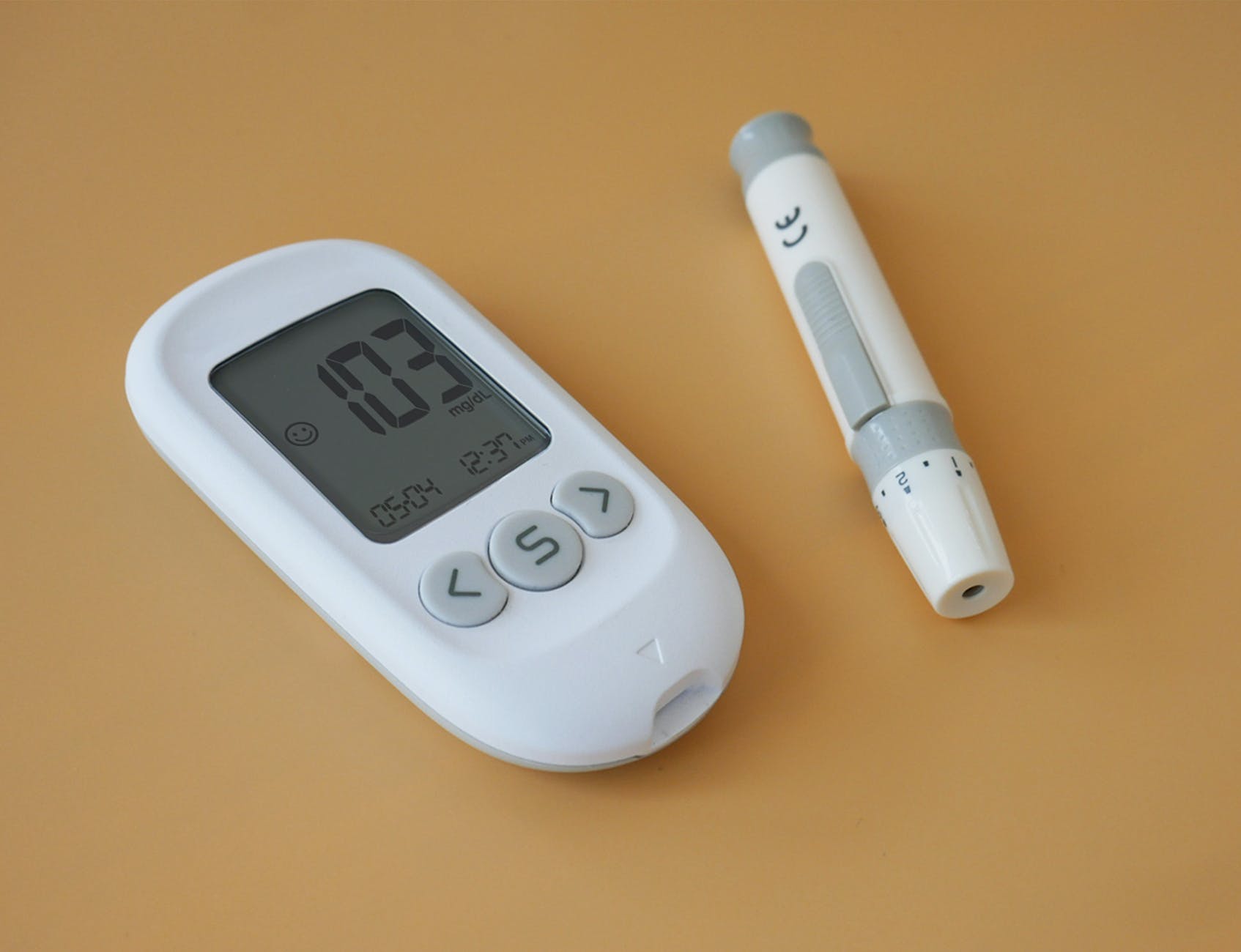
Temperature Sensors
Industrial temperature sensors play a crucial role in various manufacturing and industrial processes by providing accurate temperature measurements. These sensors are designed to withstand harsh environments and are used in applications ranging from food processing to automotive manufacturing. In this article, we will explore the top benefits of using industrial temperature sensors.
Precision and Accuracy
One of the primary advantages of industrial temperature sensors is their precision and accuracy. They can measure temperature with high levels of accuracy, ensuring that critical processes are controlled within tight tolerances.
Accurate temperature measurements are essential in industries such as pharmaceuticals, semiconductor manufacturing, and chemical processing, where even small temperature variations can have a significant impact on product quality and yield.
Process Control and Optimization
Industrial temperature sensors enable precise control of manufacturing and industrial processes. By monitoring temperature in real time, operators can make adjustments to maintain optimal conditions.
This helps in reducing energy consumption, minimizing waste, and improving overall process efficiency.
For example, in a heat treatment process, temperature sensors ensure that materials are heated to the exact required temperature for the specified time, resulting in improved product quality and reduced energy costs.
Safety
In many industrial settings, safety is a top priority. Industrial temperature sensors contribute to safety by monitoring temperature in hazardous environments, such as chemical plants or oil refineries.
They can provide early warning of overheating, preventing accidents and minimizing the risk of equipment failure or explosions.
This is crucial for protecting both personnel and valuable assets. When buying such sensors, make sure you buy from a reputable vendor, such as Process Parameters.
Reliability and Durability
Industrial temperature sensors are designed to withstand harsh conditions. They are often built to be rugged and can operate in extreme temperatures, corrosive environments, and high-pressure situations.
This durability ensures that these sensors have a long operational lifespan, reducing the need for frequent replacements and maintenance. As a result, they contribute to cost savings and minimize downtime.
Remote Monitoring and Data Logging
Modern industrial temperature sensors are often equipped with advanced features such as remote monitoring and data logging capabilities.
This allows operators to monitor temperature readings from a distance and access historical data for analysis and quality control.
Remote monitoring is particularly valuable in situations where access to the measurement location is challenging or hazardous.
Compliance with Regulations
Many industries are subject to strict regulatory requirements regarding temperature control and monitoring.
Industrial temperature sensors help organizations comply with these regulations by ensuring that processes are conducted within specified temperature ranges.
Compliance not only prevents legal issues and fines but also enhances the reputation of the company as a responsible and reliable manufacturer.
Energy Efficiency
Temperature sensors play a crucial role in improving energy efficiency in industrial facilities. By maintaining precise control over temperature, energy consumption can be optimized.
For example, in HVAC systems, temperature sensors ensure that heating and cooling are provided only when and where needed, reducing energy waste and lowering operational costs.
Quality Assurance
In industries like food processing and pharmaceuticals, maintaining consistent and accurate temperatures is vital for product quality and safety.
Industrial temperature sensors help ensure that products are manufactured within the desired temperature parameters, preventing spoilage, and contamination, and ensuring product consistency. This, in turn, leads to higher customer satisfaction and increased brand reputation.
Cost Savings
The benefits of industrial temperature sensors, including improved process control, reduced downtime, and energy efficiency, all contribute to significant cost savings over time.
These sensors can help businesses lower operational expenses, increase productivity, and enhance profitability.
Industrial temperature sensors are indispensable tools in modern manufacturing and industrial processes. Their precision, durability, and versatility make them essential for maintaining product quality, ensuring safety, and optimizing processes. As technology continues to advance, these sensors will likely play an even more critical role in the ongoing improvement of industrial operations.






